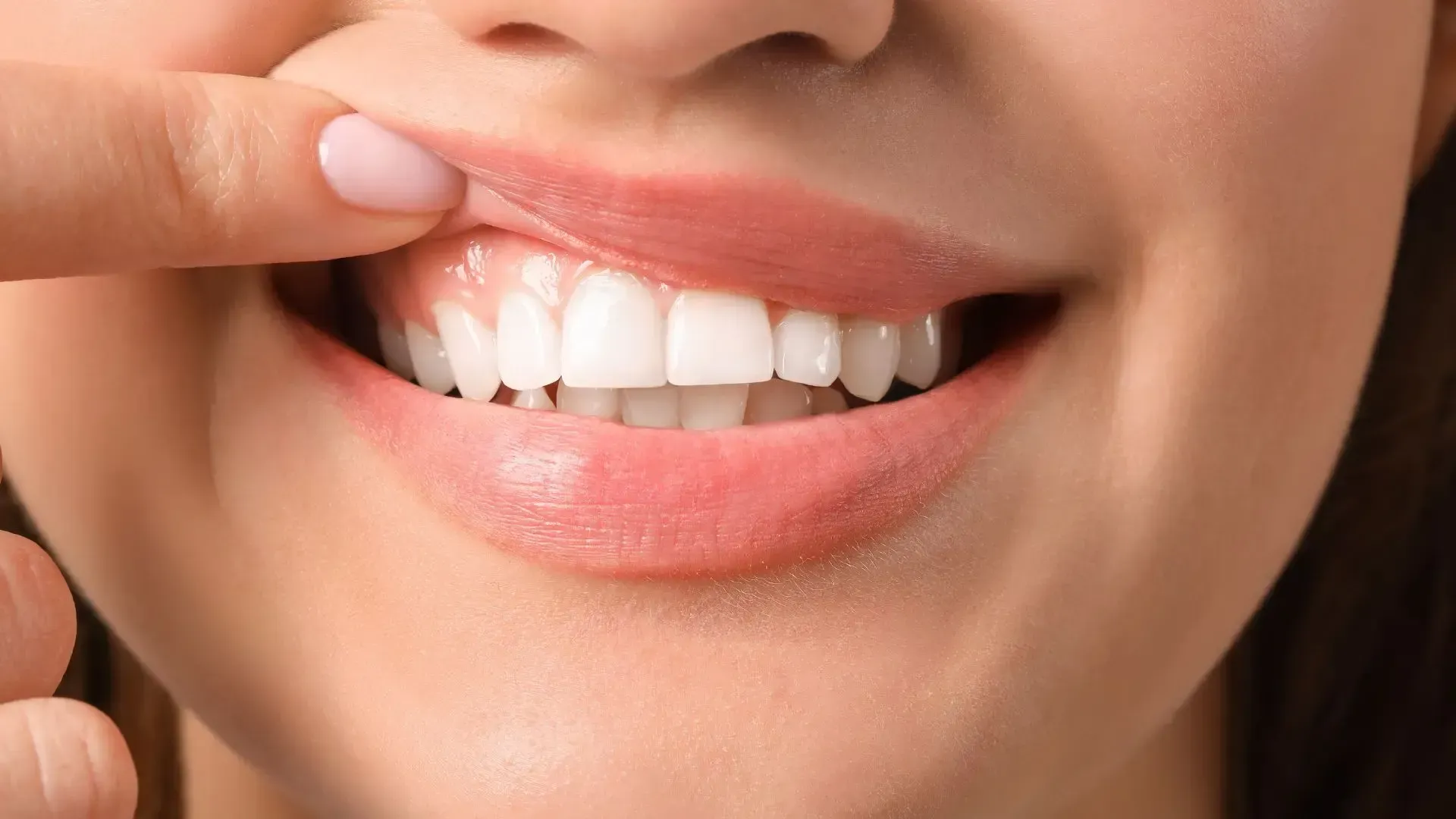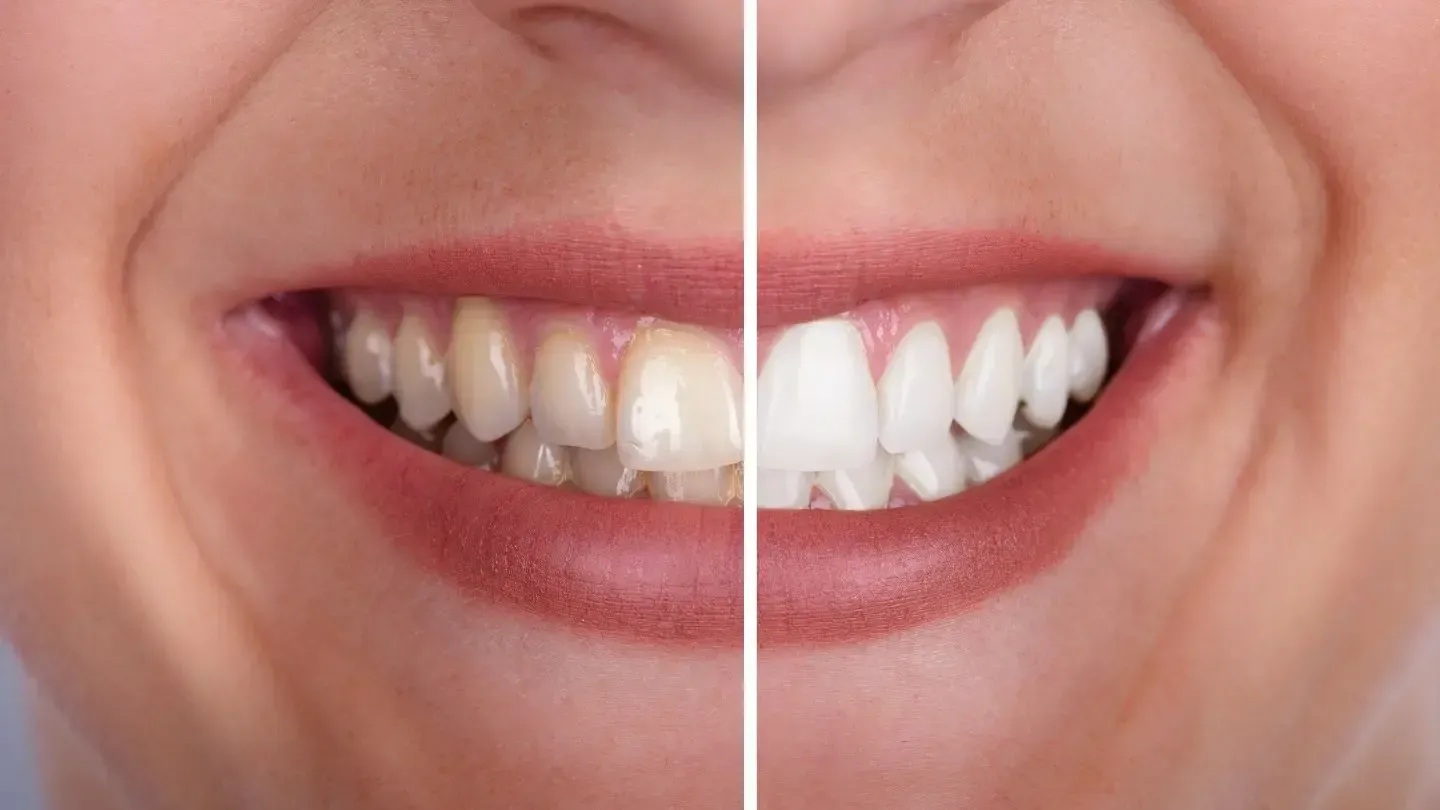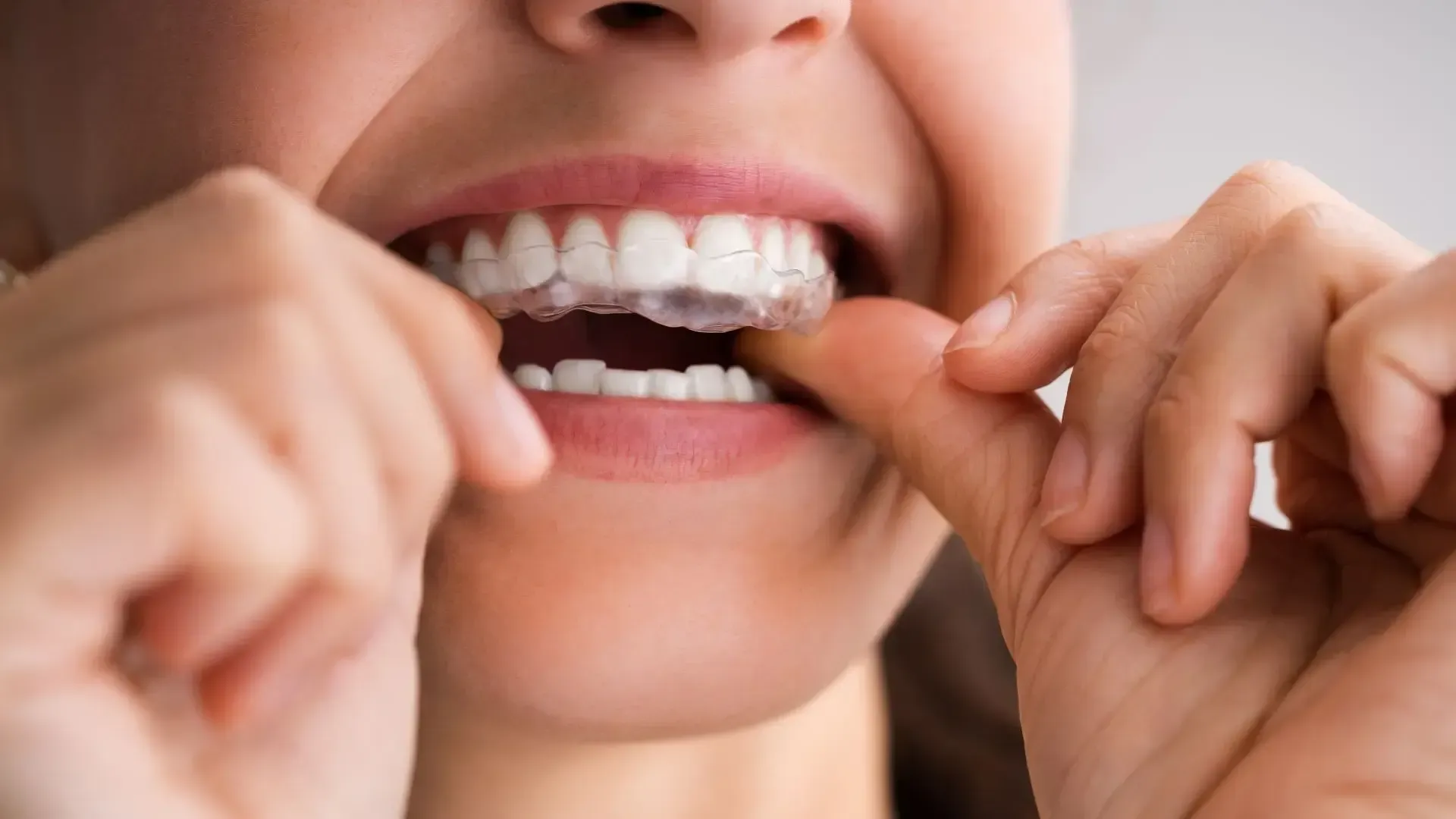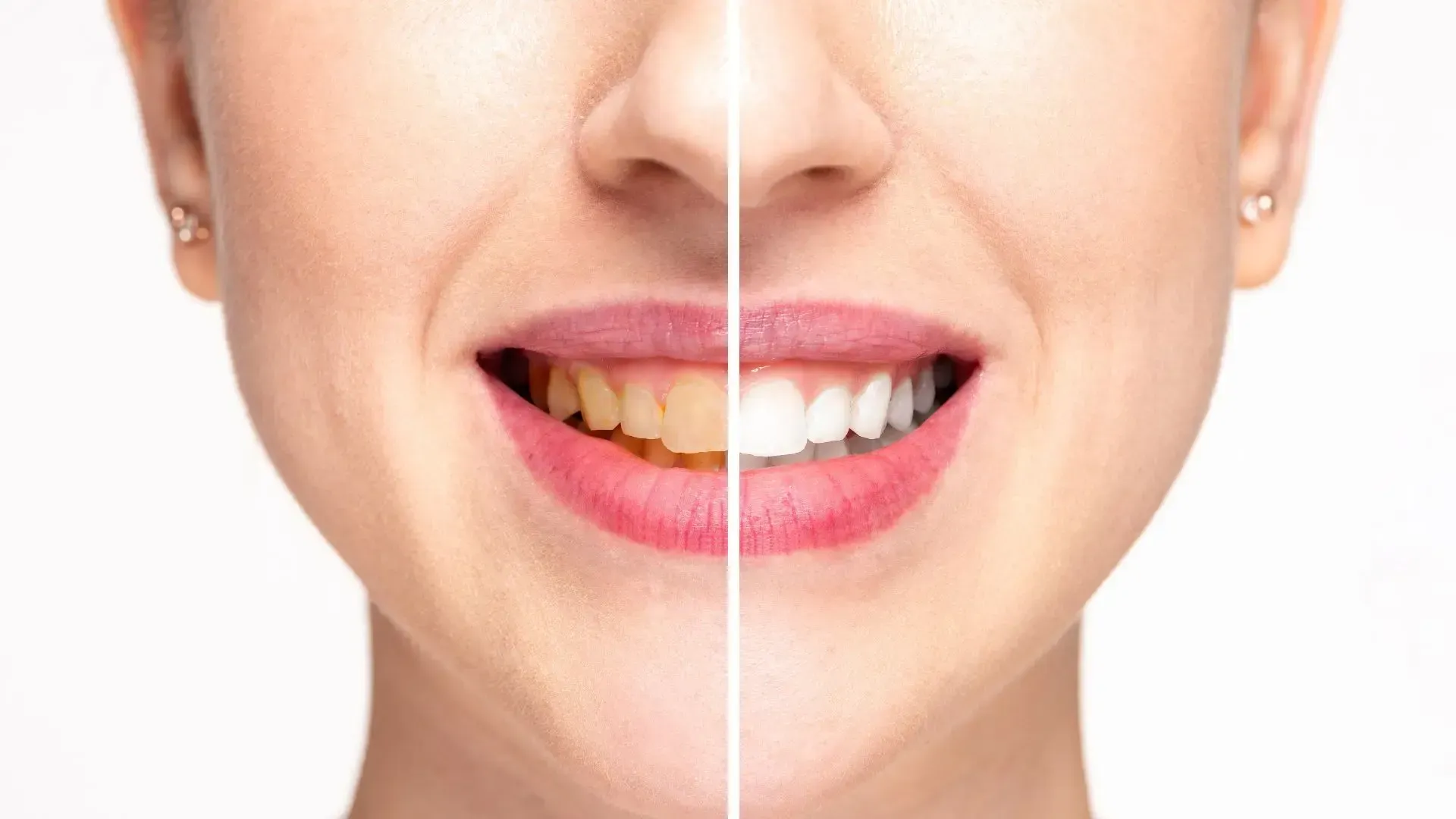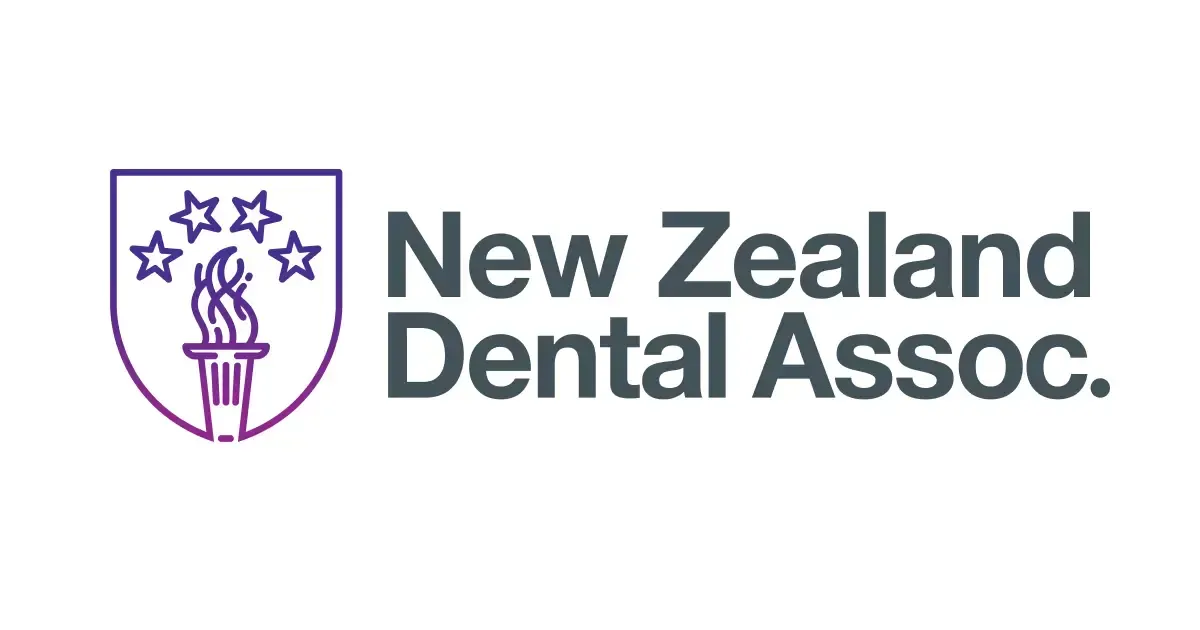Food for Thought: Eating for Oral Health
What foods should you be eating to help and maintain good oral health?
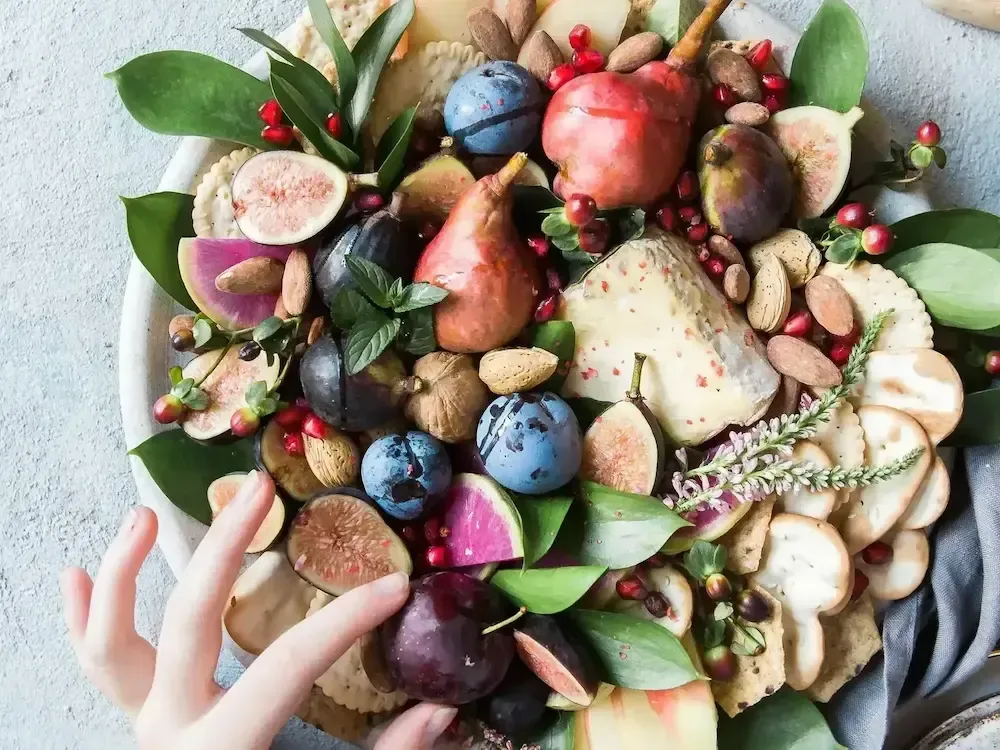
You will already be aware of how healthy eating is necessary to provide your body with the nutrients it needs to perform to its full potential, but did you know that it plays an important role in your oral health too?
Healthy eating fuels your body, but it can also help to protect your teeth from decay and gum diseases such as gingivitis. Foods that are high in carbs, sugars and starches promote the production of plaque acids which attack your teeth’s enamel and cause cavities. Poor nutrition means that your mouth’s tissues (i.e. your gums) are less able to resist infection and less able to support your teeth; gum disease is a major cause of tooth loss.
Even if you regularly come for an appointment in our dental clinics in Christchurch
every six months, and brush your teeth religiously, you can be even more proactive in your dental care to lessen the rate of dental decay.
- Get into the habit of checking the labels of the foods and drinks that you consume; you may just be surprised by the amount of sugars that are hidden in them.
- Swap sugar laden juices, sodas and cordials for water to dilute the acid in your mouth.
- Limit the number of snacks you eat during the day – foods that are eaten as part of a meal cause less harm due to the amount of saliva produced.
So, what foods should you be eating to help and maintain good oral health?
Milk, plain yoghurt and cheese
Dairy products are great for your teeth and gums. They are high in calcium which strengthens bones and high in the protein casein which neutralises the acids that bacteria create.
Carrots, celery and apples
Crunchy foods such as carrots, celery and apples are excellent at scraping away plaque and getting into the crevices between teeth – helping to keep your breath fresh. Their high fibre content means that you need to chew more which helps to create saliva. Saliva is key to removing the bacteria that collects on your gum line.
Leafy greens
Leafy greens are the gifts that keep giving in terms of healthy eating. Not only are they packed full of vitamins and nutrients that your body craves for your overall general health, but they are fantastic for your oral health too. Spinach and kale are prime examples; they contain vitamin C which promotes the production of red blood cells and reduces inflammation. Chewing the leafy greens helps to remove any food particles, plaque and bacteria that may have built up over time.
Xylitol
Xylitol is an alternative to sugar and can be used as a sweetener. Oral bacteria feeds on the glucose that is found in food, and while bacteria ingest xylitol, it is not used to fuel growth. By replacing sugar with xylitol, the harmful bacteria in your mouth die while the good bacteria levels remain at a constant.
Your mouth has its own ecosystem that consists of good and bad bacteria, and problems with oral health arise when the balance is disrupted. If you have any concerns or queries about how your diet may be affecting your oral health, speak to one of our Riccarton dentists
– we are more than happy to advise you.










